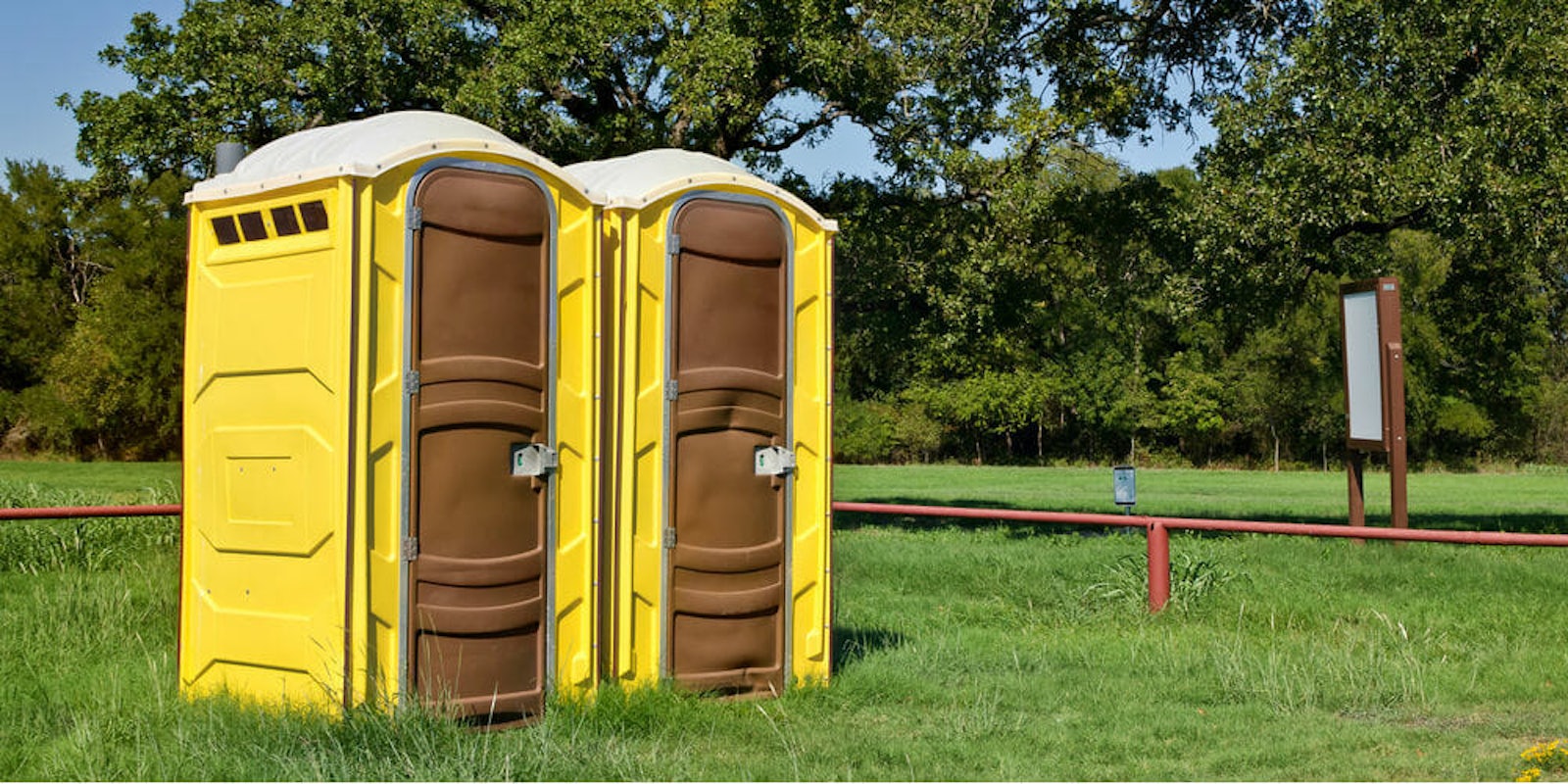When you hit the jackpot finding a free public Wi-Fi network, the last thing you’re worried about is the list of terms and conditions you must agree to before connecting. Better to just close your eyes and hope they don’t apply to you, right? Well, that desire to find the fastest way to the internet resulted in 22,000 people unknowingly signing up for 1,000 hours of community service.
Public Wi-Fi provider Purple snuck a clever little clause in its legal terms that blindsided users into a community service contract. The experiment was all in good fun—a test to show the “lack of consumer awareness” about what people could possibly be signing up for.
“Our experiment shows it’s all too easy to tick a box and consent to something unfair,” Gavin Wheedon, Purple’s CEO, said in a press release on Thursday.
Of the more than 22,000 who connected to Purple’s Wi-Fi over a period of two weeks, only one person read the terms. Yep, a single person knew about the community service clause.
So what did the other tens of thousands of people agree to exactly? Everything from painting snails to cleaning latrines.
The user may be required, at Purple’s discretion, to carry out 1,000 hours of community service. This may include the following. Cleansing local parks of animal waste. Providing hugs to stray cats and dogs. Manually relieving sewer blockages. Cleaning portable lavatories at local festivals and events. Painting snail shells to brighten up their existence. Scraping chewing gum off the streets.
Purple’s experiment was part of an effort to show EU customers that it is already compliant with the Union’s General Data Protection Regulation, which will require “unambiguous consent” before user’s data can be used for marketing. It also fittingly calls for a more intelligible request-for-consent form, and will not allow “long illegible terms and conditions full of legalese.”
The EU will start enforcing the legislation in May 2018, probably around the time Purple’s customers would start finishing their community service requirement. Lucky for them, the network provider has no plans to enforce its arduous clause.
H/T Mashable
